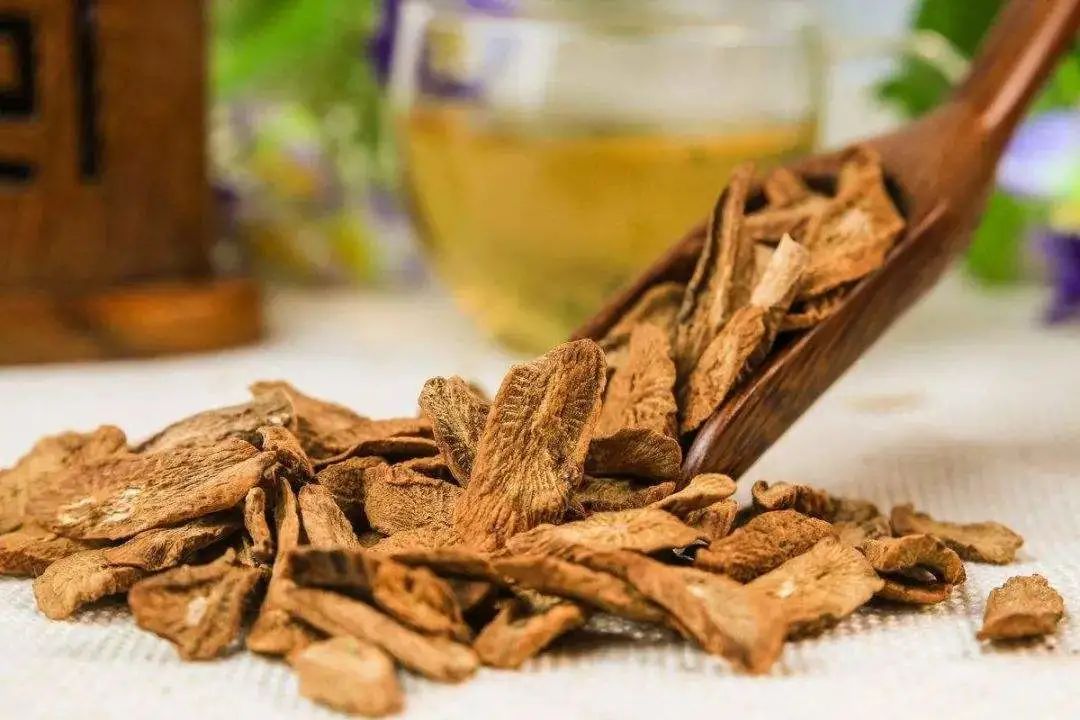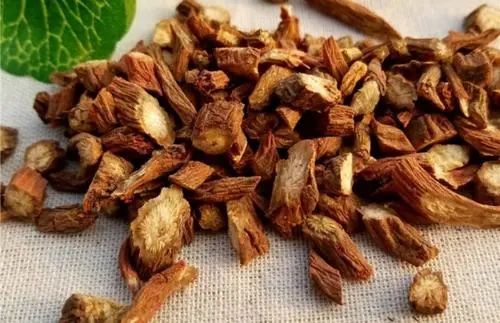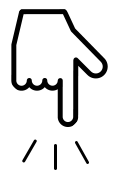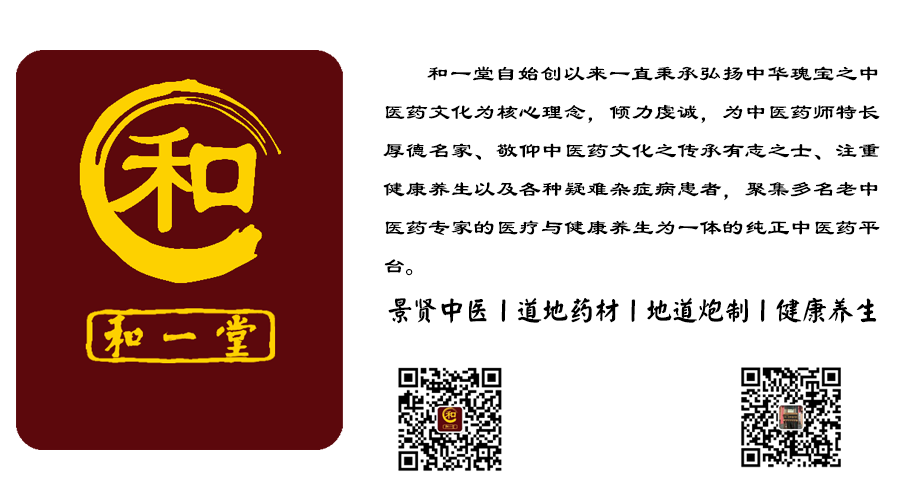
Dan Shen (Salvia Miltiorrhiza), a traditional Chinese medicine, is derived from the dried roots and rhizomes of the Lamiaceae family plant. It is harvested in spring and autumn, cleaned of soil, and dried. It is widely distributed across most regions of China. Dan Shen is known for its ability to invigorate blood circulation, dispel blood stasis, regulate menstruation, alleviate pain, clear the heart, calm the mind, cool the blood, and reduce abscesses. It is used for conditions such as chest pain, abdominal pain, masses, heat-induced pain, irritability, insomnia, menstrual irregularities, dysmenorrhea, and painful swellings.

Medicinal Value:
Dan Shen is effective in invigorating blood circulation, dispelling blood stasis, cooling the blood, and calming the mind. Clinically, it is commonly used for cardiovascular diseases, women’s blood stasis-related dysmenorrhea and menstrual irregularities; postpartum abdominal pain due to blood stasis; or chest, flank, and gastric pain caused by qi stagnation and blood stasis. Additionally, it is used for traumatic injuries and pain from falls. Dan Shen not only invigorates blood circulation and dispels blood stasis but also cools the blood and stops bleeding, providing significant benefits for patients with cardiovascular diseases. Modern pharmacological studies have identified that Dan Shen contains Tanshinone, which has confirmed functions of invigorating blood circulation, dispelling blood stasis, and inhibiting platelet aggregation. Dan Shen is often consumed as a tea substitute or ground into powder for oral intake.
 Story of Dan Shen
Story of Dan Shen
One day, the wife of a fisherman was gravely ill. Someone mentioned that a certain herb growing on a nameless island in the East Sea could surely cure her. However, the nameless island was known as the “Gates of Hell,” surrounded by treacherous reefs, fierce winds, and turbulent waters, making it difficult for boats to approach. The fisherman racked his brain and suddenly thought of a young man named A-Ming, who was poor and lived with his mother, but was an excellent swimmer.
The fisherman devised a plan to force A-Ming to go gather herbs. With no choice, A-Ming agreed to the fisherman’s request, thinking he would also collect some herbs for his sick mother. Using his exceptional swimming skills and brave spirit, A-Ming navigated through numerous obstacles and finally reached the nameless island.
On the island, A-Ming found a herb with purple flowers and purple roots. Upon returning to the fishing village, the fisherman seized the weeds A-Ming had gathered, claiming they were the medicinal herbs. A-Ming shared the remaining genuine herbs with the fishermen in his village. Soon, the fisherman’s wife passed away, while A-Ming’s mother quickly recovered. People admired A-Ming’s noble character for braving dangers to gather herbs to save his mother, and they named the herb “Dan Xin” (Heart of Dan). Over time, the name evolved phonetically to “Dan Shen.”

Some content sourced from the internet | Infringement will be deleted
Address:Xiaonan District, Tianxian Road, Qian Kun Yang Guang East Gate and Yi Tang Traditional Chinese Medicine Clinic.Public transport within the city: Take bus routes 2, 5, 25, 31, or 37 to the Yuelan Xindu bus station; or take bus route 6 to Huaiyin Park station.
Phone:0712-2858718; 2857718
Click here for navigation to Yi Tang


历
“秋燥”预防措施,立秋疾病早预防
史
慢性疲劳要当心,中医调理讲技巧
文
中秋&国庆假期和一堂中医门诊部不停诊
章
别傻傻地以为自己只是口渴了,老是口干或许是生病了
 转载是一种动力 分享是一种美德
转载是一种动力 分享是一种美德

